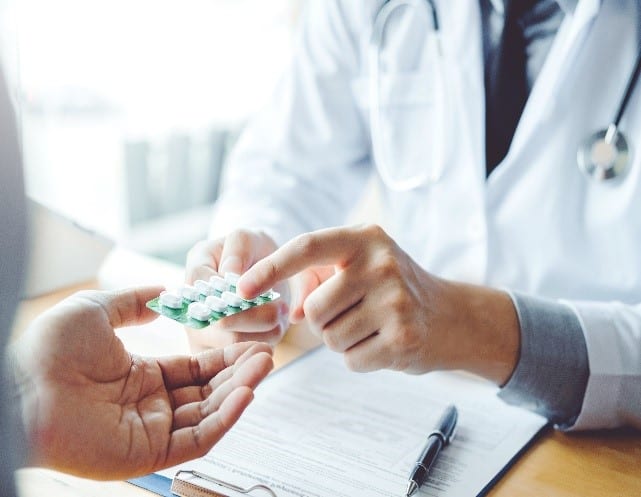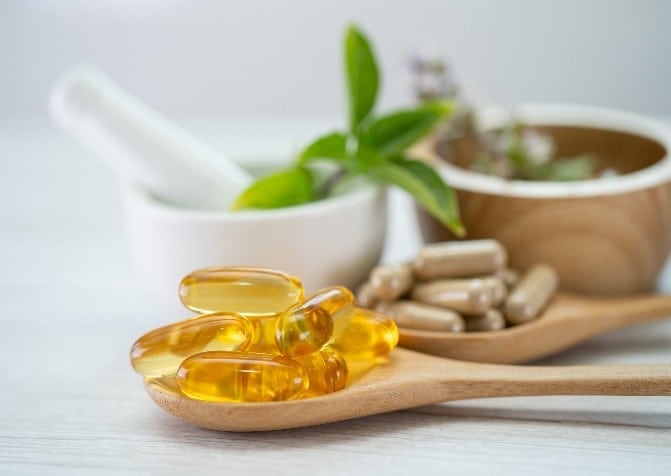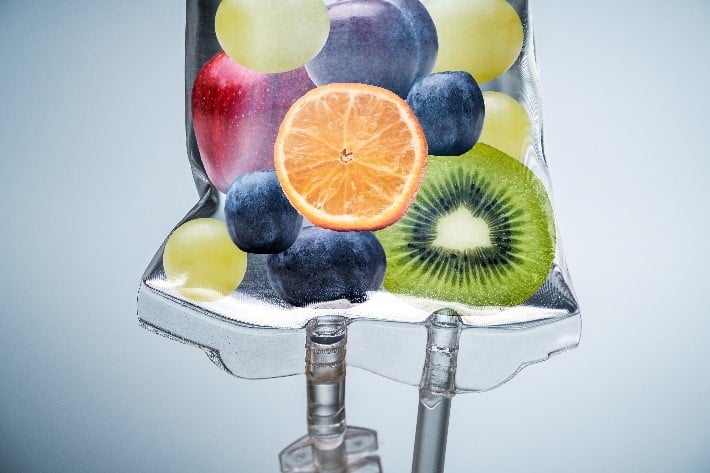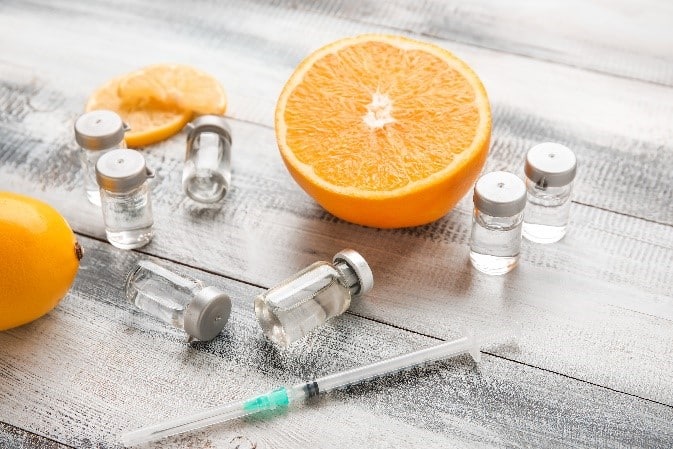What Is Testosterone?
Testosterone is known as the “male sex hormone,” but it is also necessary for female functioning as well. In men, testosterone is produced mainly in the testicles (95%), with a small amount in the adrenal gland (5%), Testosterone production and levels are controlled by the hypothalamus and the pituitary gland (a.k.a. “master gland”).

What does Testosterone do?
Testosterone plays a primary role in the normal growth and development of the male sex and reproductive organs. It also plays an essential role in male fertility and sexual performance and is responsible for all the characteristics we typically associate with being a man.
Testosterone, however, is not just a sex hormone. With receptor sites in the heart, brain, and throughout the entire body, testosterone also pays many other critical roles:
- Muscle mass & strength
- Bone growth & density (strength)
- Male fat distribution
- Energy & Stamina
- Proper heart function
- Glucose, lipids, and cholesterol metabolism
- Red blood cell production
- Immune system health
- Mental well-being and cognitive functions
What is Low Testosterone?
Simply having low levels of testosterone does not necessarily mean that a man has Low-T. The amount of testosterone in men can range from 300 to 1100 ng/ml. Some men have low levels of testosterone, and feel well and do not experience any symptoms, while other men with the same levels of testosterone experience symptoms that affects their quality of daily life.

What Causes Low Testosterone?
Hormone changes are a natural part of aging. In men, testosterone increases during puberty, generally peaks in early adulthood, and begins to decline after the age of 30. After 30, the levels gradually decline by an average of 1% per year and continue well into golden years.
This decline becomes more evident in middle age, when some men begin to experience the effects of low testosterone, or what has become known as "Low-T."
Other Causes of Low Testosterone
In addition to aging, low testosterone has many other potential causes and usually is multifactorial.
- Insulin Resistance & Diabetes
- Metabolic Syndrome
- Obesity
- Poor Diet & Lifestyle
- Environmental toxicity
- Medications
- Other hormone imbalances
- Testicular injury, disease, or cancer
- Obstructive Sleep Apnea
- Cancer treatment (chemo/radiation)
- Pituitary Gland Conditions
- Hypothalamus Conditions
- Infections (sexually transmitted, mumps)
- And more…
Symptoms of Low Testosterone
Low testosterone can affect all aspects of your health and performance, and increase your risk of diabetes, cardiovascular disease, prostate cancer, and other chronic diseases and mortality.
- Reduced desire for sex
- Decreased spontaneous erections
- Reduced erectile function
- Feeling tired all the time (fatigue)
- Infertility
- Decreased muscle mass and strength
- Decreased bone density
- Thinning facial and body hair
- Sleep apnea or insomnia
- Decline in focus or concentration
- Depressed mood and/or anxiety
- Decreased sense of well-being
LOW TESTOSTERONE TREATMENT OPTIONS
Our physician, Dr. Todd A. Smith, is a Board-Certified Naturopathic Endocrinologist specializing in integrative endocrinology. His clinical focus is men's hormones, metabolic health, and sexual health.
He takes a completely different approach to helping his patients suffering from low testosterone. He will help you uncover the underlying causes of your low testosterone and offers a wide range of integrative treatments tailored to your specific needs and goals to help you truly heal.

Lifestyle Medicine
Today, many chronic diseases are, in large part, lifestyle diseases caused by the lifestyle choices we make. At T2 Health, we believe that a healthy lifestyle is the foundation of one’s own health and well-being. Therefore, we also believe it should be the foundation of any treatment plan.
Six Pillars of Lifestyle Medicine
- Whole food eating habits
- Regular physical activity
- Stress management and relaxation
- Avoidance of risky substances
- Positive social connections
Prescription Medications
Prescription medications are typically not are first “go to”. However, in some cases your treatment may necessitate the use of prescription medications, for the short-term or long-term.
In these cases, the prescription medications are either dispensed in our office, by a compounding pharmacy or a retail or mail order pharmacy.


Professional-Grade Supplements
Depending on your specific needs and goals, we may use evidence-led professional-grade supplements as part of your treatment protocol. These supplements contain different natural substances, which may include vitamins, minerals, essential fatty acids (i.e. fish oils), botanical medicines, animal tissue (e.g. glandulars), and other therapeutic natural substances.
Botanical Medicine
Botanical Medicine is the use of plants to treat disease and promote health. Plants have been used in this way by many cultures, from pre-history to today. According to the World Health Organization, over 25% of modern drug medicines are derived from plants with similar traditional uses.
Plant substances are powerful medicines. When used in proper dose and combinations, botanical medicines are safe and effective, producing few, if any, side effects. However, certain botanical medicines are more powerful and need to be used with caution, as they can be toxic in large amounts. In many cases it is possible to take certain botanicals with certain medications. However, there can be “herb-drug” interactions.


IV Nutrient Therapy
IV Nutrient Therapy is a safe and powerful therapy in which various vitamins, minerals and other nutrients are administered directly into your bloodstream intravenously (IV). It is the most efficient way to administer nutrients into the body as all the vitamins, minerals and other nutrients are immediately available for use.
Nutrient Booster Injections
Nutrient Booster Injections are intramuscular injections of a single or a combination of different vitamins (i.e. B12), minerals and/or other nutrients. An intramuscular (“IM”) injection is a technique used to deliver a substance, such as a nutrient or medication directly into a muscle, which allows the substance to be absorbed quickly or over an extended time into the bloodstream.

